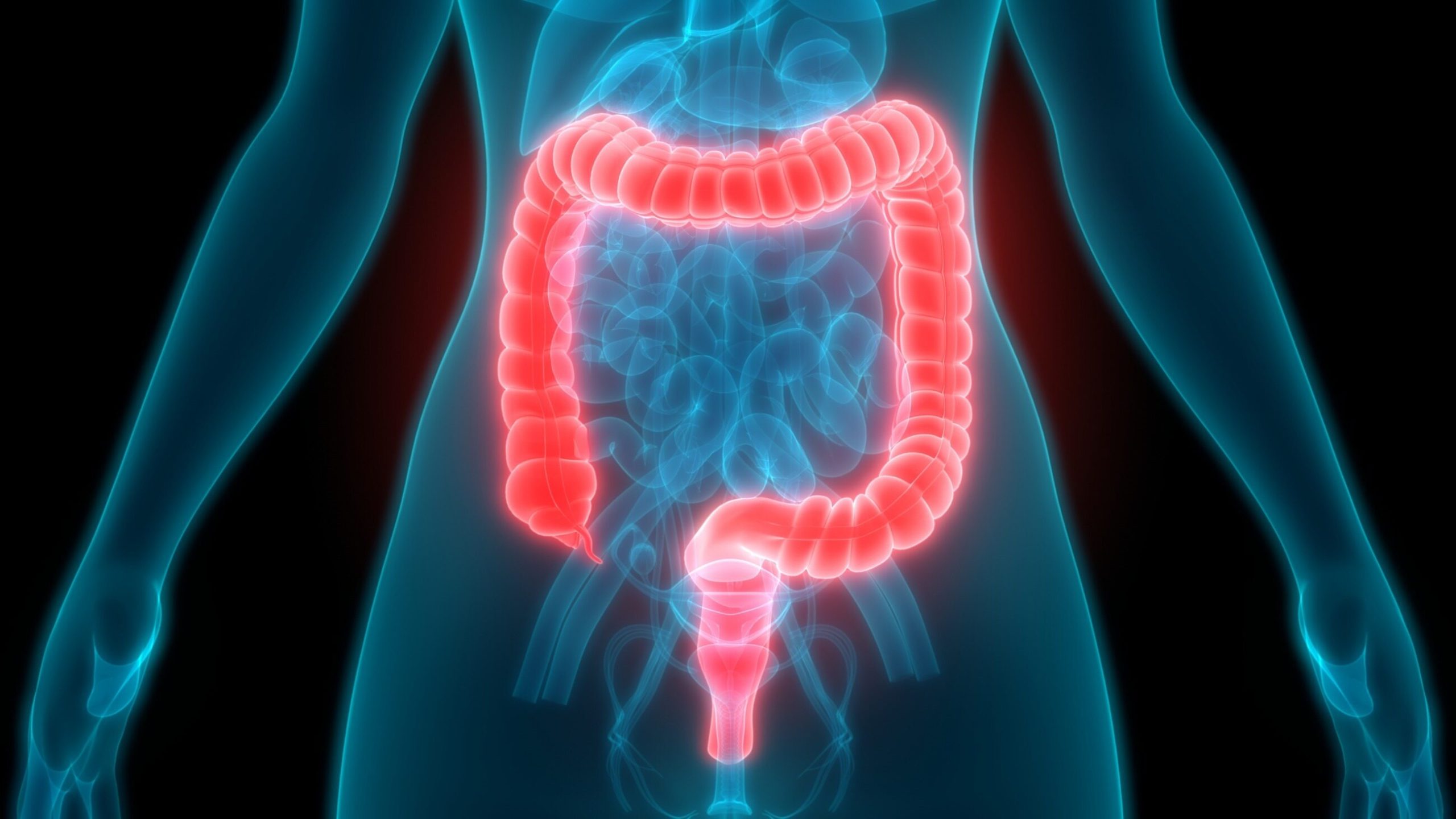Toxic compounds from the intestines reach the brain. An important discovery by scientists from Wrocław

Harmful compounds produced by intestinal bacteria enter the bloodstream and from there to the brain, damaging neurons – according to a study conducted at the Department of Microbiology of the Medical University of Wrocław (UMW).
The discovery of scientists from Wrocław may prove that toxins produced by intestinal bacteria (metabolic endotoxemia), just like long-term stress or improper diet, have a destructive effect on the functioning of the brain, consequently leading to, among others, to the development of neurodegenerative diseases. As the university emphasized in its announcement, the study was pioneering and is being continued.
A toxic duo in the intestines
The team from UMW has been conducting research related to the microbiome for years. Previously, these studies focused mainly on the gut-heart axis, focusing on the relationship between the abnormal composition of intestinal microflora (i.e. gut dysbiosis) and cardiovascular diseases. One study analyzed the microbiome of people with ischemic heart disease. They had abnormal values of two metabolites produced by intestinal bacteria: endotoxin and indoxyl. As scientists explain, this is a toxic duo that penetrates the blood, causing chronic inflammation of the endothelium of blood vessels. And from here it’s not a long way to the development of atherosclerosis and the related ischemic heart disease.
– The impact of low, clinically insignificant concentrations of indoxyl and endotoxin on the endothelium of blood vessels had not been previously analyzed, so this was an innovative study – said Prof. Beata Sobieszczańska, who heads the research team. Scientists continued this path and assumed that if toxic substances were able to enter the bloodstream and damage the endothelium of blood vessels, they must cause more damage to the body. That’s why they took a closer look at the gut-brain axis.
What do toxins from the gut do to the brain?
As emphasized by prof. Sobieszczańska, the results of the study turned out to be extremely interesting. – As we know, the blood-brain barrier prevents most substances from penetrating the central nervous system. Outside this barrier, the “guardians” of the brain are microglia cells that react immediately in the event of a threat, organizing chemical defense against the intruder. However, this barrier is not perfect and fails in certain situations. And we have just discovered that metabolic endotoxemia, i.e. a very low level of endotoxin combined with the presence of saturated fatty acid in the serum, stimulates macrophages, as well as human brain microglial cells, to produce pro-inflammatory cytokines and oxygen radicals. Inflammatory mediators released by macrophages can lower the blood-brain barrier, opening a path for bacterial metabolites directly to the brain, she explained.
How to protect the brain against toxins from the intestines?
Scientists have an important tip for everyone: a healthy diet is important, but also moderation. – Any excess in intestinal flora is not beneficial, nor is a deficiency. It turns out that even probiotic bacteria, such as Lactobacillus, which are generally considered healthy and necessary for the proper functioning of the intestines, can be harmful. They occur naturally in pickles and yogurts, and are usually supplemented during antibiotic therapy. However, it has been shown that the excess lactic acid produced by these bacteria modulates metabolic hormones – leptin and ghrelin, which leads directly to insulin resistance, obesity and related diseases – said Prof. Sobieszczańska.
But as she added, the production of harmful metabolites occurs not only as a result of a poor diet. The bacteria living in the intestines are also extremely sensitive to other factors. One of the most important is stress, even if it is short-lived. During stress, even momentary, the body secretes stress hormones, e.g. cortisol. It has been shown that as a result of their action, the intestinal environment changes, making it unfavorable for probiotic bacteria, which causes them to escape for up to a week.
A team of scientists from Wrocław has already announced the continuation of the research and asks a specific question: if the metabolites of intestinal bacteria damage neurons, perhaps their role in the development of brain disorders is greater than we could have expected? In the opinion of prof. Beata Sobieszczańska, this is undoubtedly the opening of a new scientific path.






